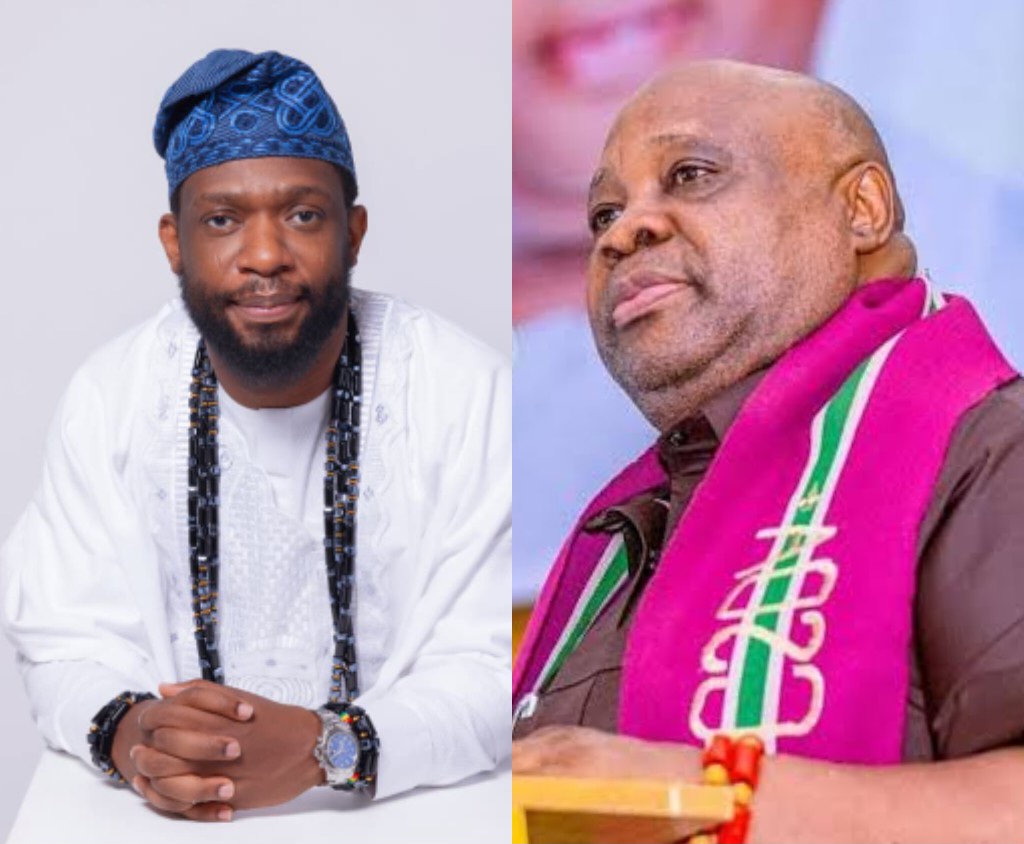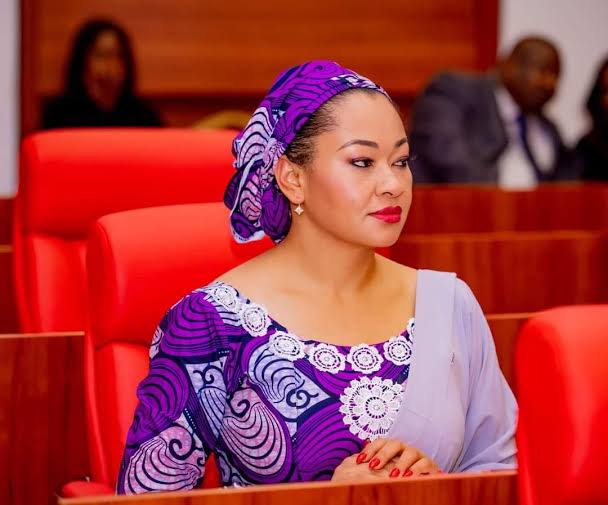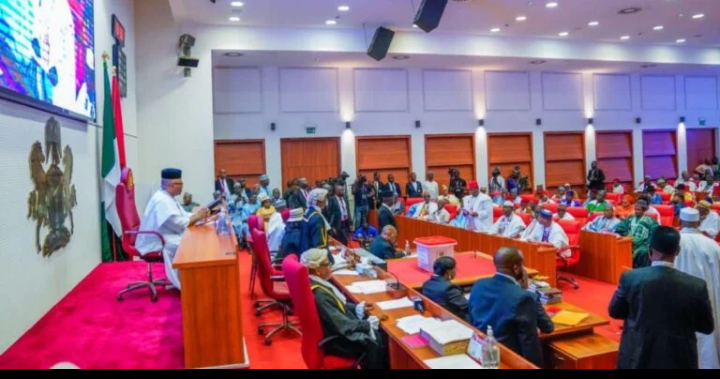Parliament, democratically makes law through its elected members, known as MPs.
Bills are subjected to high levels of scrutiny and consideration.Legislatures have a special and indispensable place in democratic governance because they are mandated to represent citizen concerns most directly in the central government. My legislative drive is for this purpose.
Embedded in the very concept of representative democracy, is the idea that those who are affected by government decisions have a right to be involved in the decision-making process. The duty to support and facilitate this right falls on every single Member of Parliament (MP), and it cuts across every role of the MP, from representative to legislative to oversight. None of these roles can be carried out successfully without meaningfully engaging constituents. The benefits of doing so are extensive, and they accrue to MPs individually, to Parliament as an institution, and to the public.
MPs who effectively engage their constituents are better able , to build enduring political coalitions and secure continued electoral success. They are better equipped to expand their level of influence in government, elevate their public profiles, and build their “brands”. They have a greater ability to control their messages and speak for themselves, rather than having their narratives mediated by party/student leaders, the press, or other outside groups. Constituent engagement is also often the greatest source of personal fulfillment, and many MPs use the opportunity to make a tangible difference in people’s lives as where they derive the greatest meaning in their work.
Parliament as an institution benefits very broadly from effective communication with constituents as well. Legislative solutions are better, more effective, and more sustainable when they are based on the input of the people they impact. Furthermore, institutional capacity is significantly augmented by having access to independent analysis from outside experts and civil society organizations (CSOs). This is especially helpful while parliaments are still in the process of building up the capacity of their research services and resources, and it ensures they are not solely dependent upon the executive branch. Having independent sources of information is critical for conducting meaningful oversight as well.
Hearing from a broad range of voices diversifies and improves parliament’s knowledge base, enriches debate, and expands deliberative capacity. With greater openness and transparency also comes greater public trust, and with this growing trust comes greater legitimacy and relevance, and a stronger position concerning the executive branch. Regular two-way communication with the public also plays a critical part in educating citizens on the appropriate roles and functions of parliament, which helps to manage expectations and, in turn, further strengthens public trust.
The public can also greatly benefit from having their voices heard in the legislature and in places where decisions are made. The opportunity to share their lived experiences helps ensure that government programs and services are designed effectively and fixed when they are not. Having confidence that their elected representatives are open with them and listening to their input helps to create a virtuous cycle of constructive civic engagement. This is imperative for both developing and mature democracies alike.
Effective, meaningful constituent engagement is built upon several core principles, achieves several important objectives, and often happens within the context of a few common challenges, as outlined below :
. Transparency
. Accessibility
. Responsiveness
. Authenticity
. Inclusiveness
. Consistency & Resources etc.
This is the drive of the 7th Assembly of Students Representative Council (SRC, SUG) in Rivers State University , which led to a public hearing in the 8th plenary session for constitution review and this is first of his kind in the history of students representative council in Rivers State University (RSU) and this milestone was achieved under the leadership of Rt. Hon. Conquest Nondi, the speaker of the 7th Assembly and with the help of his honourable members playing a vital role in intellectual and moral contributions,
Furthermore, the constitution of the Students Union Government (SUG) at Rivers State University was drafted in the year 2017 by six (6) men Constitution Drafting Committee (CDC), namely;
- Hon. Hejirika Goodluck Mebom…. Chairman,
- Hon. Idakimiebi Christopher.. Deputy Chairman,
- Hon. Nwankwo Bright… Member
- Hon. Elizabeth Monday… Member
- Hon. Nwovike Glory… Member
- Comr. Camillus Peter… Clerk,
Since then 5th and 6th Assembly made an attempt to review the union constitution but failed based on logistics concerns.
The 7th Assembly has kick-started the process and going to achieve the review process by the grace of God.
Hon. Williams, Ibinabo C.
Member Representative Management Sciences Constituency I,
Writing from Rivers State University
Advertisement






